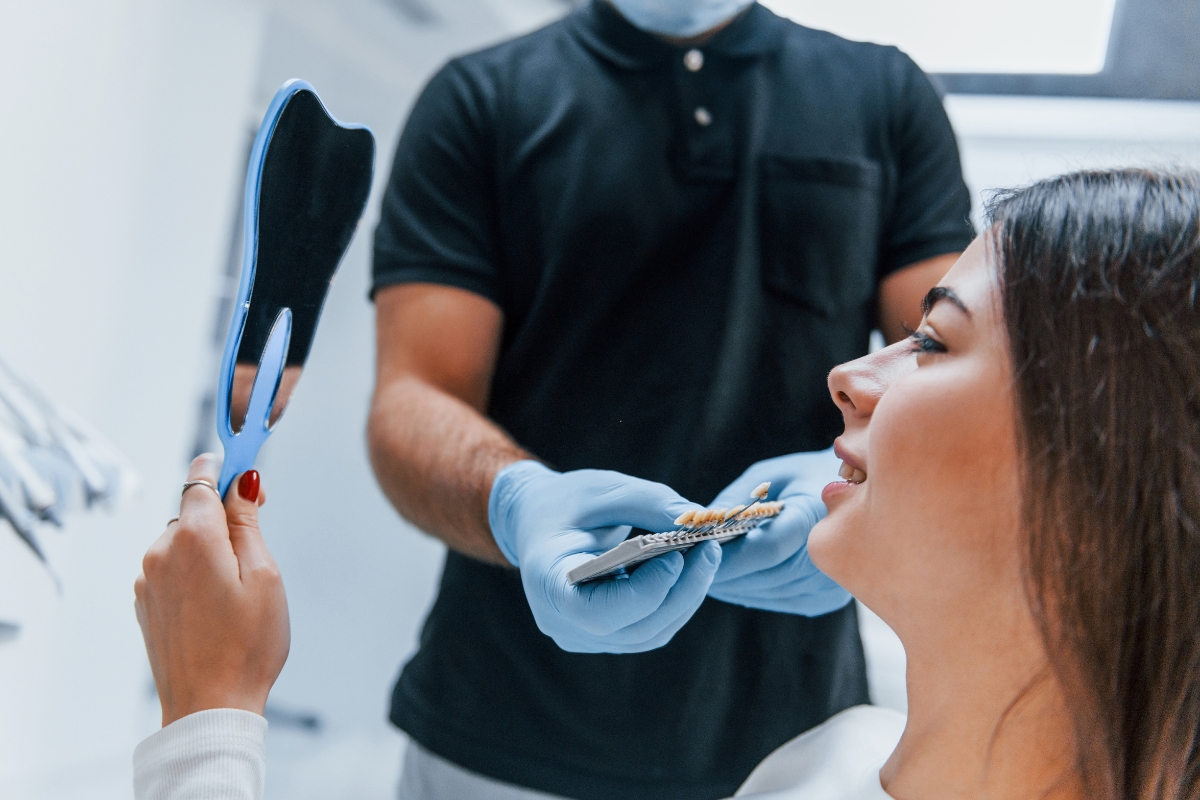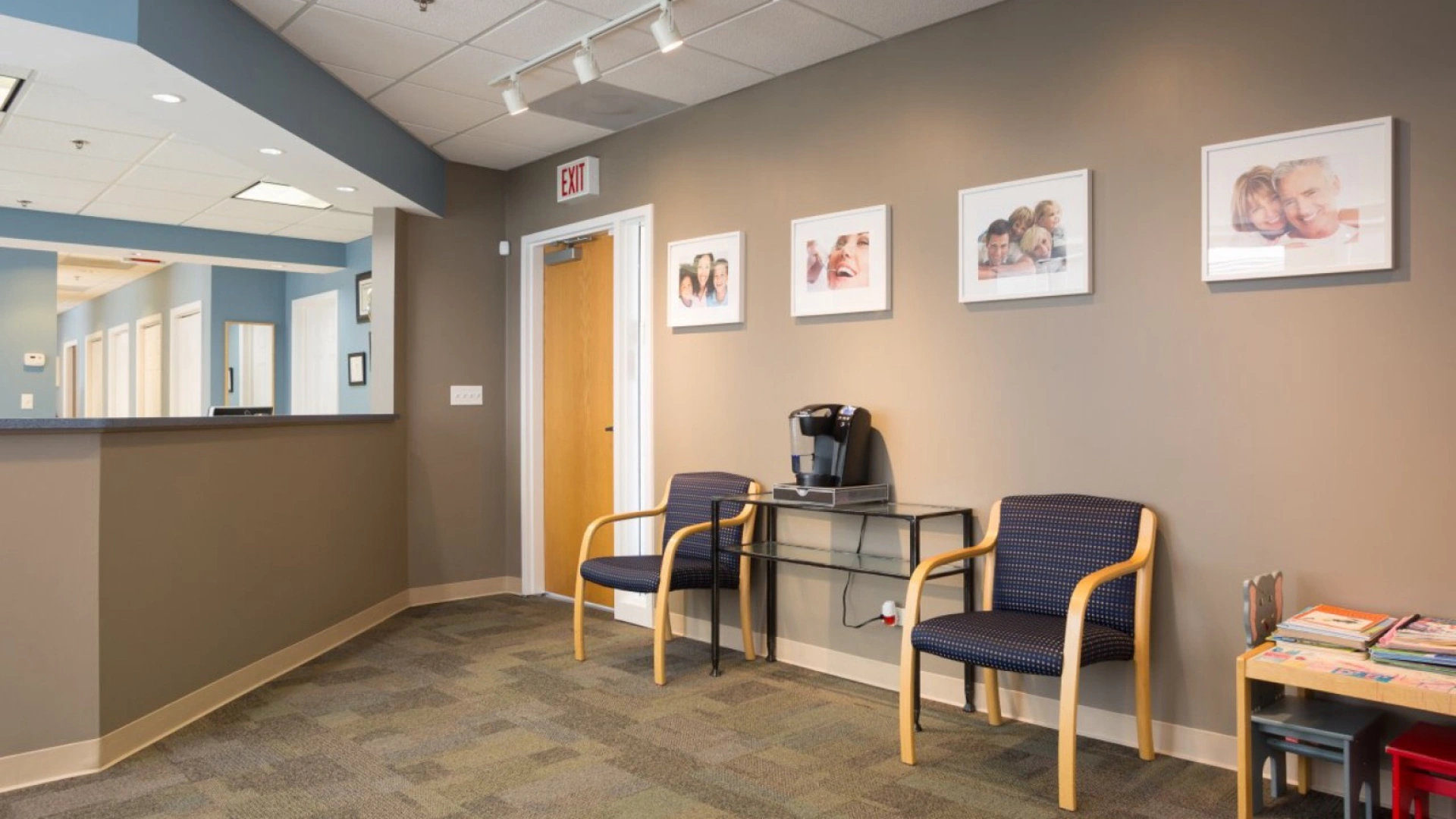The Complete Guide to Root Canal Recovery: Everything to Know

Are you scheduled for a root canal? Believe it or not, this is an extremely common procedure, with over 15 million performed in the US each year.
With proper aftercare, recovering from a root canal procedure is quick and generally pain-free. But, only if you follow your dentist’s directions.
Read on to learn all about root canal recovery, including what to expect, your new dental routine, and finding the best dentist in Chicago IL, to perform your procedure. We promise you’ll be happy that you did!
What Is a Root Canal?
Simply put, a root canal removes the inflamed or infected pulp of a tooth. Then, the inside of the tooth is cleaned, disinfected, and ultimately filled and sealed.
And, while there are plenty of negative myths and rumors about root canals, they are relatively painless tooth-saving procedures that can help patients avoid extraction.
You may require root canal treatment if your tooth shows any signs of infection, if you feel severe pain when biting or chewing, or if you notice small pimple-like pustules on your gums.
Other indicators include lingering sensitivity to hot and cold temperatures, as well as chipped or cracked teeth.
It’s essential to hire a dental expert to perform your root canal, as it’s a common yet sometimes complex procedure.
Before Your Procedure
Before your root canal appointment, you’ll first have a dental consultation. During this office visit, your dentist will explain the procedure in greater detail and let you know what to expect.
You’ll want to plan the days of your appointment and those following carefully, to avoid work and exercise. Resting after root canals is essential for recovery.
It’s also a good time to stock up on the essentials that you’ll need at home. This should include plenty of hydrating drinks and soft foods like soups, smoothies, oatmeal, and mashed potatoes.
You might also want to purchase some over-the-counter pain relievers, a new toothbrush, and an ice pack.
Recovering From Root Canals
On the day of your root canal, it’s normal to experience mild discomfort, swelling and inflammation, and an overall tired feeling.
Depending on the details of your procedure, a dentist may prescribe one or more types of root canal medicine. For example, antibiotics or pain relievers.
You should always take medications as prescribed, and never stop taking an antibiotic early.
After your procedure, you’ll want to rest and relax. So, wear comfortable clothes, get a ride to and from your appointment, and don’t plan on doing much of anything for the rest of the day.
Your dentist may also suggest that you take the following day or two off from work and exercise to ensure a full and rapid recovery.
During this time period, try to get plenty of sleep and stay well-hydrated. And, pay attention to how you’re feeling. This can help determine how far along you are in recovery.
Even if you feel hungry, wait until your mouth is no longer numb before trying to eat. Otherwise, you run the risk of badly biting the inside of your cheeks or your tongue. Then, when you’re ready, start with soft foods and small bites and sips.
You can reduce swelling or inflammation by taking over-the-counter anti-inflammatories, using an ice pack, and keeping your head slightly elevated at all times – even while sleeping.
Do not smoke or vape, or drink alcohol following your procedure, and be sure to consult with your dentist about any other medications you are currently taking.
Post Root Canal Tooth Cleaning Routine
Root canal treatment benefits greatly outweigh the procedure itself. But, you should try to avoid this type of tooth decay in the future.
After your root canal is a great time to commit to a solid dental hygiene routine that includes brushing twice a day and flossing once a day. In some cases, your dentist may suggest other steps to take, like cleaning with a water tool or using prescription mouthwash.
Other positive lifestyle changes that can support good dental health include quitting bad habits like smoking and drinking sugary sodas. You can also eat less sugar
You’ll also want to schedule regular dental services like cleaning to keep your pearly whites in perfect condition.
Keep an Eye Out for Side Effects
It’s normal to feel a bit “out of it” after your root canal, and some patients experience mild pain. But, these symptoms should subside in a matter of hours or one to two days at most.
Contact your dentist immediately if you’ve been following their orders and are experiencing any of the following:
- Skin rash or hives
- Swelling that lasts longer than one day
- Moderate to severe pan
They may ask you to come in for a follow-up visit or even prescribe emergency dental services.
Monitor Your New Crown
In most cases, a crown is placed once your root canal is complete. This temporary covering is more fragile than its permanent replacement. And, it isn’t custom-sculpted to fit your mouth, so it might not feel perfect at first.
You’ll be going back to your dentist’s office to have this crown replaced soon, but call your dentist right away if you notice pain or swelling, or trouble biting down.
Then, once your permanent crown is in place, monitor yourself in the same way.
The Best Dentist in Chicago IL
Now that you know what to expect when it comes to recovering from root canals, you can go into your appointment prepared for easy at-home aftercare.
Trust your root canal procedure to a highly qualified dentist in Chicago IL – City Edge Dental. Our friendly team has decades of experience working with clients just like you. And, we’re happy to help!




